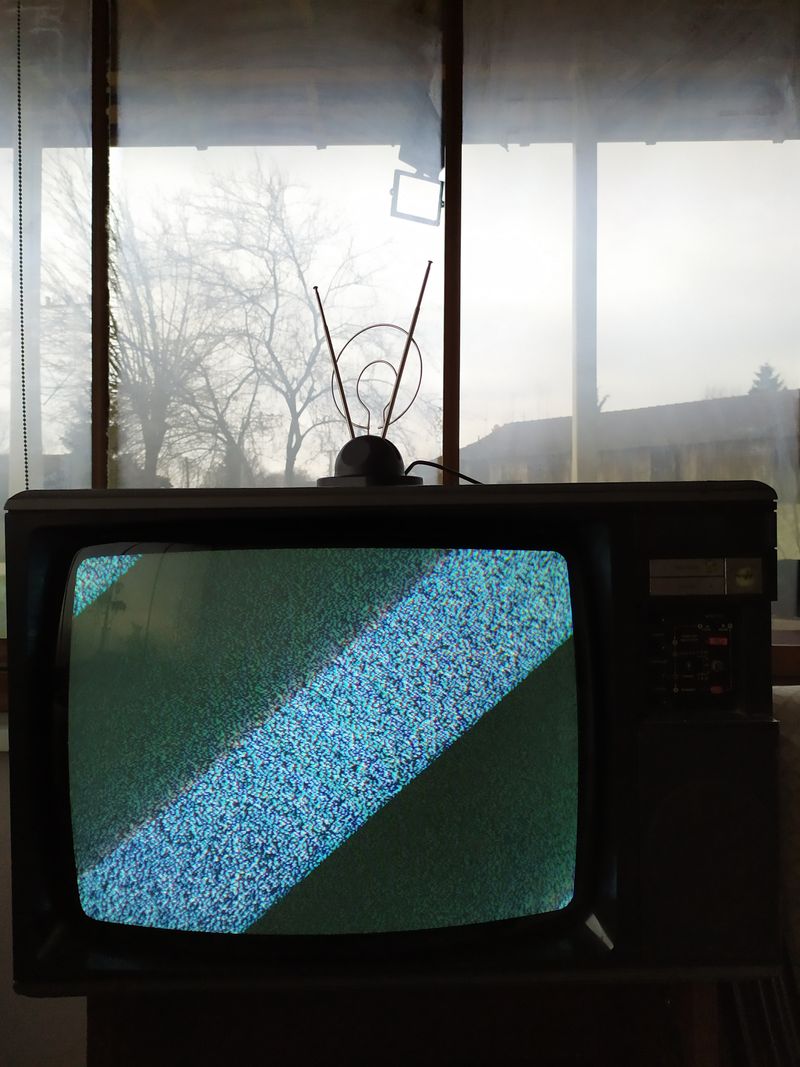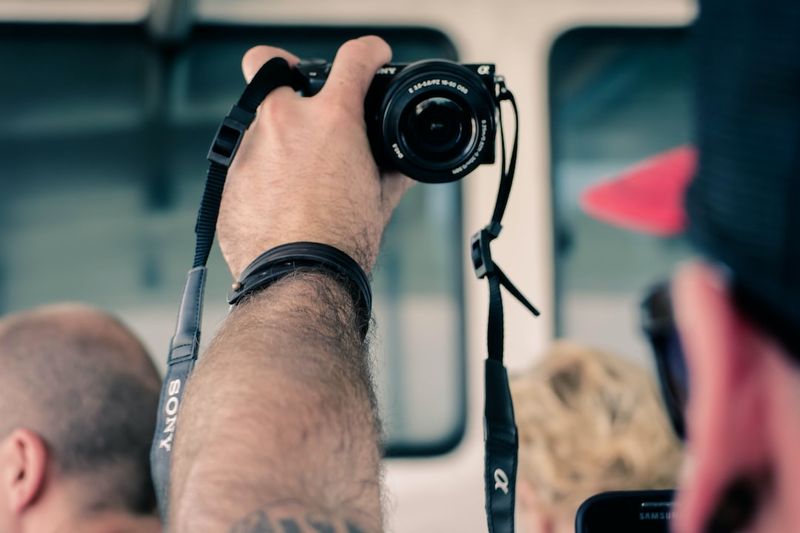Top Gear’s Future Hangs in the Balance as BBC Denies Reports of Cancellation
Background
Top Gear, the popular BBC motoring show, is facing an uncertain future amidst rumors of its cancellation. The reports emerged after Andrew Flintoff, one of the show’s presenters and a former cricketer, suffered a serious injury during filming in December last year. The Sun, a British tabloid, claimed that production staff had been instructed to seek other employment opportunities, implying that the show was being axed. However, the BBC has swiftly denied these reports, stating that a decision regarding the show’s continuation will be made “in due course.”
Flintoff’s Injury
The incident that sparked these speculations occurred when Flintoff was involved in a high-speed crash during filming at Dunsfold Park aerodrome in Surrey. The severity of his injuries led to his hospitalization via air ambulance. Last month, Flintoff was seen in public for the first time since the incident, attending a cricket match between England and New Zealand. His scars and taped nose were visible, reminding spectators of the harrowing crash.
A Moment of Reflection
In a video message released by England Cricket, Flintoff addressed the incident publicly for the first time. Presenting an England cap to spin bowler Tom Hartley, he emphasized the camaraderie and support within the cricket team, stating that they would be there during both the highs and lows of life. This personal reflection hints at the emotional toll the crash has taken on Flintoff, further fueling concerns about his future involvement in Top Gear.
The BBC‘s Response
In March of this year, the BBC announced that they would not resume filming the latest series of Top Gear, citing safety concerns. They also promised a thorough health and safety review of the show, which has been on the air in its current format for 21 years. However, the incident in December was not Flintoff’s first accident on the show. In 2019, he crashed at a staggering 125mph while traveling in a three-wheeled cycle car. Miraculously, he walked away from the scene unscathed. This track record of accidents can only intensify the BBC‘s concern for the safety of its presenters and crew.
History Repeating Itself
Top Gear has a history of dangerous accidents involving its hosts. In 2006, former presenter Richard Hammond spent two weeks in a coma following a crash in a jet-powered Vampire dragster at Elvington airfield. These incidents have raised questions about the intense stunts and risks taken during the show’s filming, as well as the BBC‘s responsibility to ensure the safety of its employees.
Editorial: A Crossroads for Top Gear
The recent reports of Top Gear’s cancellation and the subsequent denial from the BBC highlight the uncertain future of the beloved motoring show. While it would be premature to jump to conclusions, the repeated accidents involving presenters raise serious concerns about the safety protocols and risk management during filming.
Top Gear has been a cultural phenomenon, captivating audiences worldwide for more than two decades. Its unique blend of automotive expertise, entertaining challenges, and charismatic hosts has made it a staple in the television landscape. However, the dangerous nature of some of its segments and the potential harm that can be inflicted on its presenters cannot be overlooked.
It is essential for the BBC, as the show’s producer and broadcaster, to prioritize the safety and well-being of its employees. Each accident brings into question the measures in place to mitigate risks and protect those involved in the production. A thorough health and safety review is imperative to prevent further incidents and ensure that the show can continue with the necessary precautions in place.
Although gory crashes and daring stunts have undeniably contributed to the show’s popularity, it is important to strike a balance between entertainment and responsible filmmaking. The accidents involving Richard Hammond and Andrew Flintoff serve as reminders of the potential consequences when risks are not properly assessed and managed.
Advice: A Safer Path Forward
As Top Gear navigates this uncertain crossroads, there are several recommendations that could help chart a safer path forward:
1. Comprehensive Safety Training
All presenters and crew members should receive rigorous safety training that covers potential risks and proper response protocols. This education should be ongoing to ensure that safety practices remain at the forefront of everyone’s minds.
2. Risk Assessment and Management
Prior to filming any segment, a thorough risk assessment must be conducted. This assessment should consider potential hazards and develop appropriate measures to mitigate them. Adherence to these risk management decisions should be non-negotiable.
3. Professional Consultation
Engaging external safety consultants who specialize in high-risk filming could provide valuable expertise in identifying potential hazards and suggesting risk mitigation strategies. These professionals can help ensure that best practices are implemented and maintained.
4. Transparency and Communication
The BBC should establish open lines of communication between the production team, presenters, and crew members to encourage the reporting of safety concerns and near misses. This transparency will help identify and rectify potential issues before they escalate into accidents.
5. Balancing Entertainment and Safety
While Top Gear’s popularity is undoubtedly fueled by its exhilarating content, it is crucial to find a balance between thrilling entertainment and responsible filmmaking. Striving for exciting segments that prioritize safety will ensure that the show can continue to captivate global audiences without risking the lives of those involved.
As fans of Top Gear anxiously await a decision from the BBC regarding the show’s future, it is essential to remember the importance of safety and accountability. By implementing these recommendations and prioritizing the well-being of its presenters and crew, Top Gear can forge a safer and sustainable path ahead.

<< photo by Talha Dursun Marko >>
The image is for illustrative purposes only and does not depict the actual situation.
You might want to read !
- “Battle of Cricket Titans: Afghanistan takes on Bangladesh in ICC Cricket World Cup 2023”
- Dale Vince Withdraws Funding for Just Stop Oil, Raising Questions About Labour Support
- A Forbidden Love: Catherine Tate and the Take That Star
- “Former Top Gear Host Criticizes Show Amid Freddie Flintoff’s Shocking Incident: Examining the Impact and Controversies”
- “Top Gear’s Fallout: Former Host Critiques Show in the Aftermath of Freddie Flintoff’s Terrifying Accident”
- Flintoff Steps Out of Shadows: A Glimpse into the Aftermath of the Top Gear Car Crash
- The Future Unveiled: A Deep Dive into the 2023 Google Pixel Event
- London Underground Labor Dispute Resolved: Planned Tube Strikes Averted
- London Underground Strikes: Averted Disruption Breathes Temporary Relief
- Title: Sunderland’s Crushing Defeat to Middlesbrough: A Ten-Man Tragedy Sparks Soul-Searching
- The Great Crisp Debate: Fans Urge Walkers to Bring Back the ‘God-Tier’ Flavor
- Walkers Crisps faces backlash for axing popular Worcester Sauce flavor
- Fire and Ice Clash: Burnley vs Chelsea LIVE! Premier League Showdown, Latest Updates
- Exploring the Exciting Everton v Bournemouth Clash: Live Commentary
- “Premier League Clash: Everton vs Bournemouth – Live Updates and Goal Tracker”
- Leyton Orient’s Match Abandoned: Reflecting on the Impact of Medical Emergencies in Football
- The Political Journey of James Cracknell: An Olympic Rower’s Venture into Conservatism




